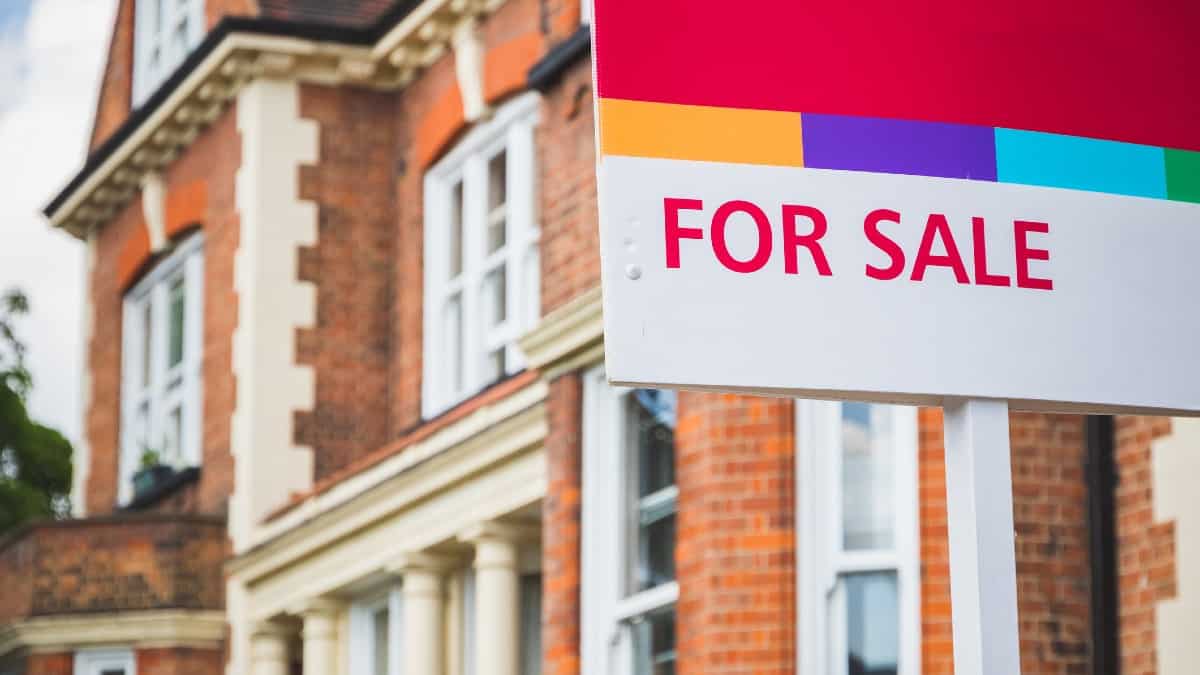Are we set to see the end of the house price boom? Throughout 2021, we have seen house prices climb higher and higher. But with the end of the stamp duty holiday, has the market finally run out of steam? We take a look at the current house price forecast and what the experts really expect to happen over the coming months.
[top_pitch]
What’s the impact of the end of the stamp duty holiday?
The stamp duty holiday has finally come to an end. While there is a taper, which will keep exemption at double its standard level (£250,000 instead of £125,000) until the end of September, the full exemption ended on 30 June 2021.
This was tipped to be the turning point for house prices, which have risen by around 10% in the last 12 months.
So far, Halifax has reported that house prices fell by 0.5% in June. But we need to add a little context here. While this is a dip, the average price of a UK property is still more than £21,000 higher than in 2020.
What’s the current house price forecast?
The current house price forecast sees experts maintain that prices will continue to climb this year, but maybe not at such a high rate.
Knight Frank has forecast that house prices will increase by 5% in 2021. Meanwhile, Savills is maintaining that average property prices will rise by 4% during the year.
The fact remains that buyers are still chasing a relatively small number of available properties.
In fact, the stamp duty holiday has led to a shortage in the supply of properties. The total stock of homes available to buy is currently running 24% below the average levels of last year. And the number of new properties coming onto the market fell by a third in June.
While some buyers have been put off by the end of the tax break, stories of sealed bids and overworked conveyancing solicitors, there is still high demand for properties. Where you have short supply and high demand, you are likely to find prices continue to rise.
But it is worth noting that the stamp duty holiday created artificial demand. What we are likely to see now is not as dramatic an increase.
There will still be demand as the pandemic has changed how people want to live. And many households have pent-up savings due to successive lockdowns which they may want to commit to moving house. But it is unlikely to be at the same level we have seen over the past few months.
[middle_pitch]
What about mortgages?
While the current house price forecast sees things levelling out, what is happening on the mortgage front?
The Bank of England’s decision to keep the base rate low at 0.1% was music to borrowers’ ears. Meanwhile, the number of deals available to UK borrowers is at its highest level since March 2020.
This means there are some extremely cheap deals available – if you have a large deposit. HSBC and TSB are offering mortgages with an ultra-low rate of 0.94%. But these are only available to borrowers with at least a 40% deposit.
It’s not all bad news for potential buyers with a smaller deposit though. The government’s 95% mortgage guarantee scheme has led to the number of 5% deposit mortgages increasing from just 14 this time last year to 253 currently.
Whatever your personal situation, it is always worth comparing mortgages in order to find the best deal for you. If you are interested in using a mortgage broker, then unbiased.co.uk can match you with someone in your local area.
A broker can help you to understand how much you can borrow, what type of mortgage best suits your needs, and what your monthly repayments would be.







